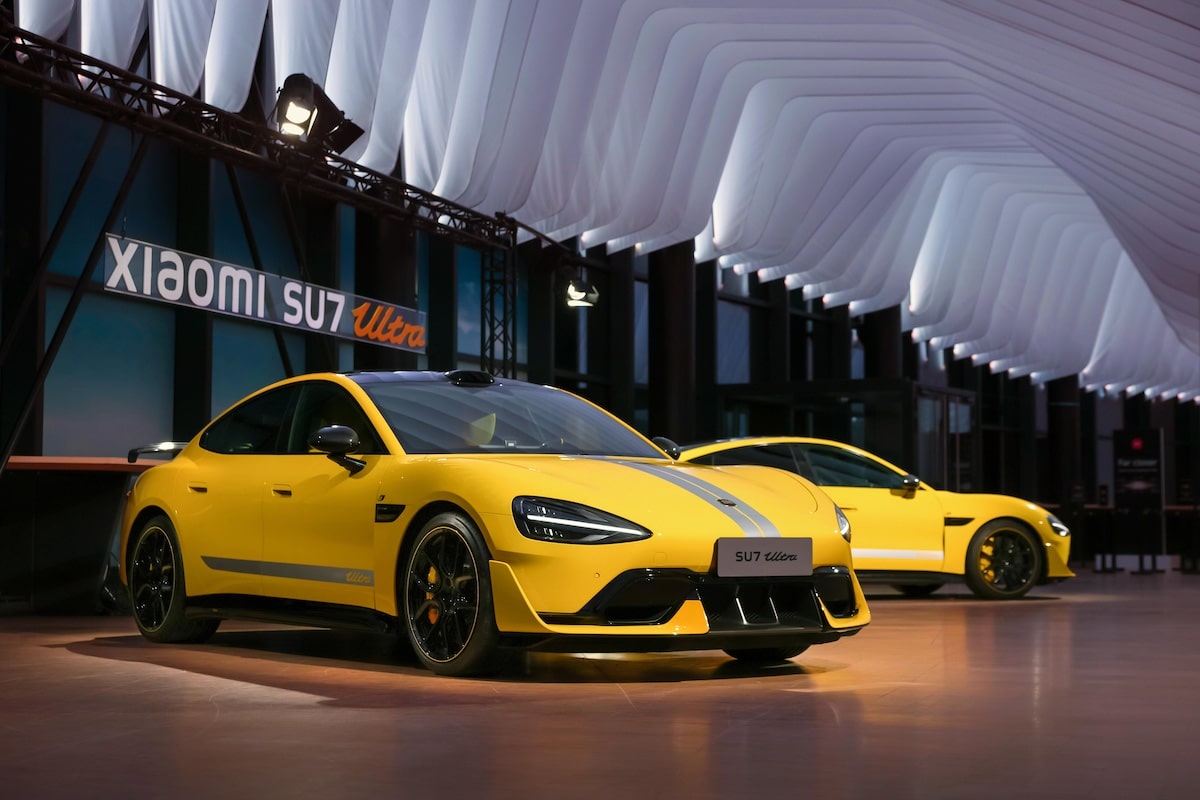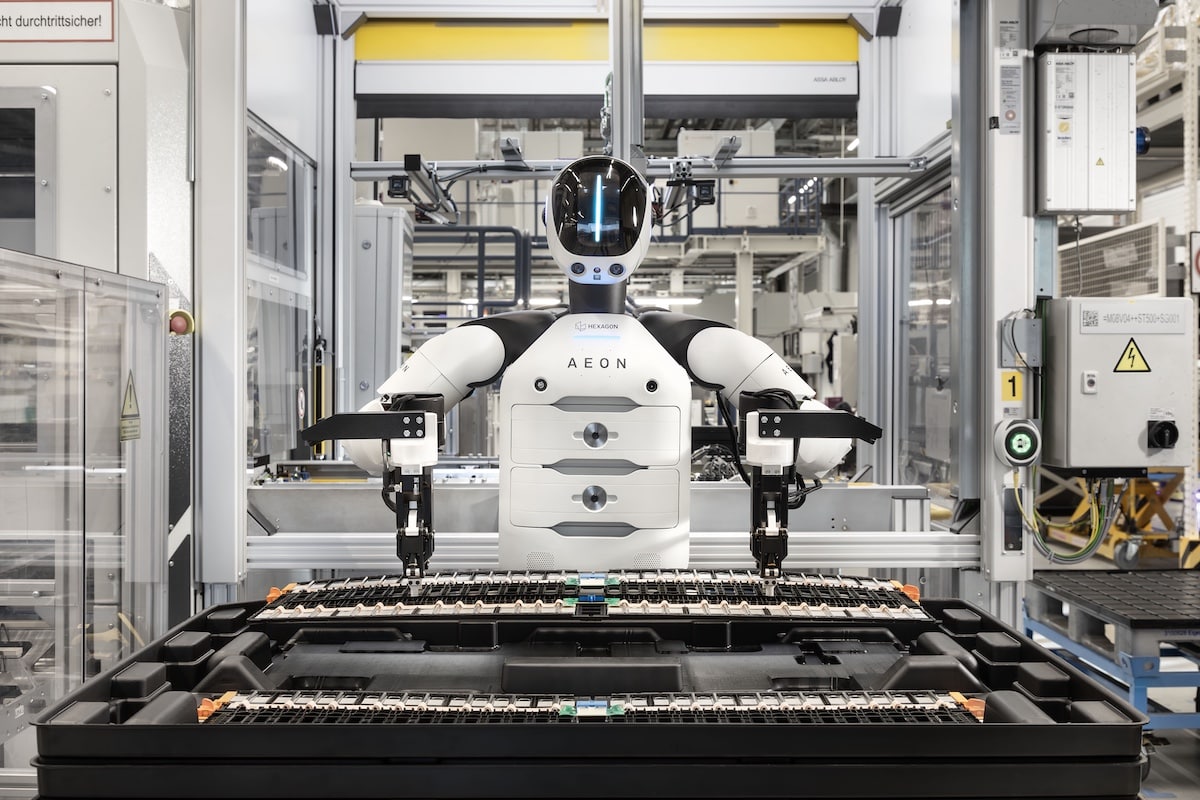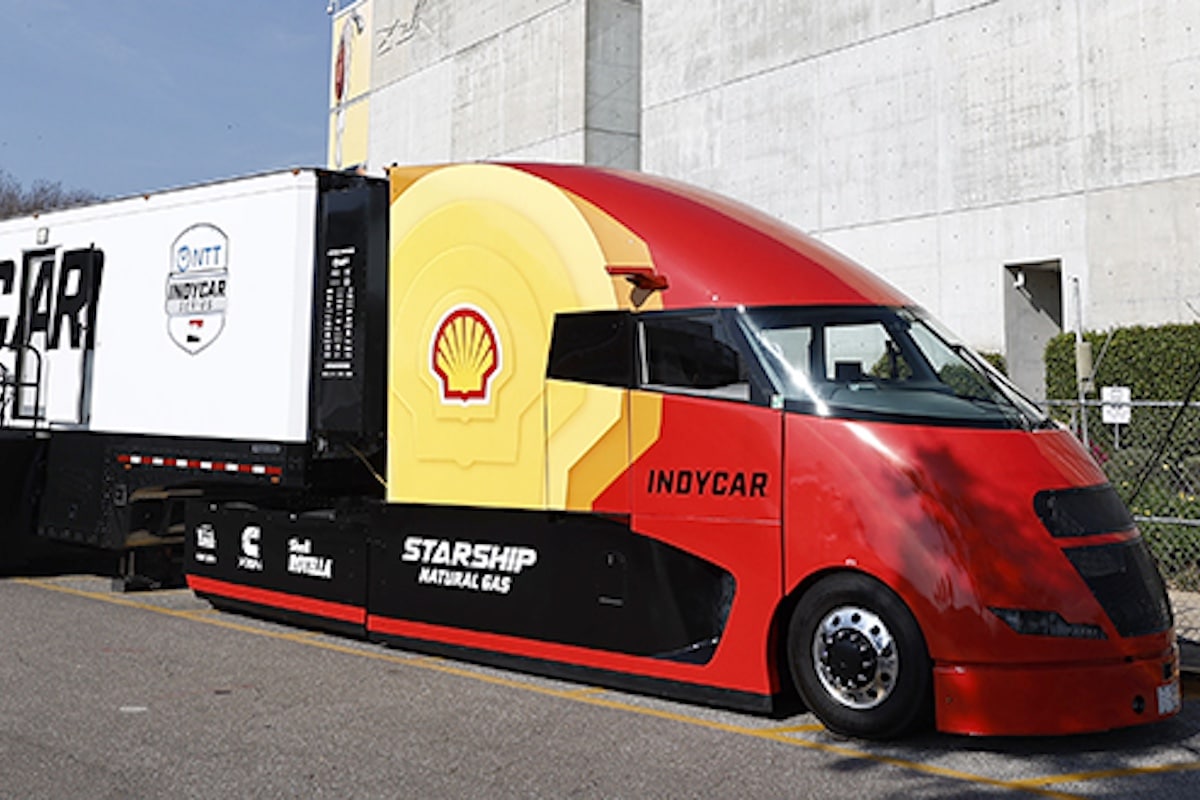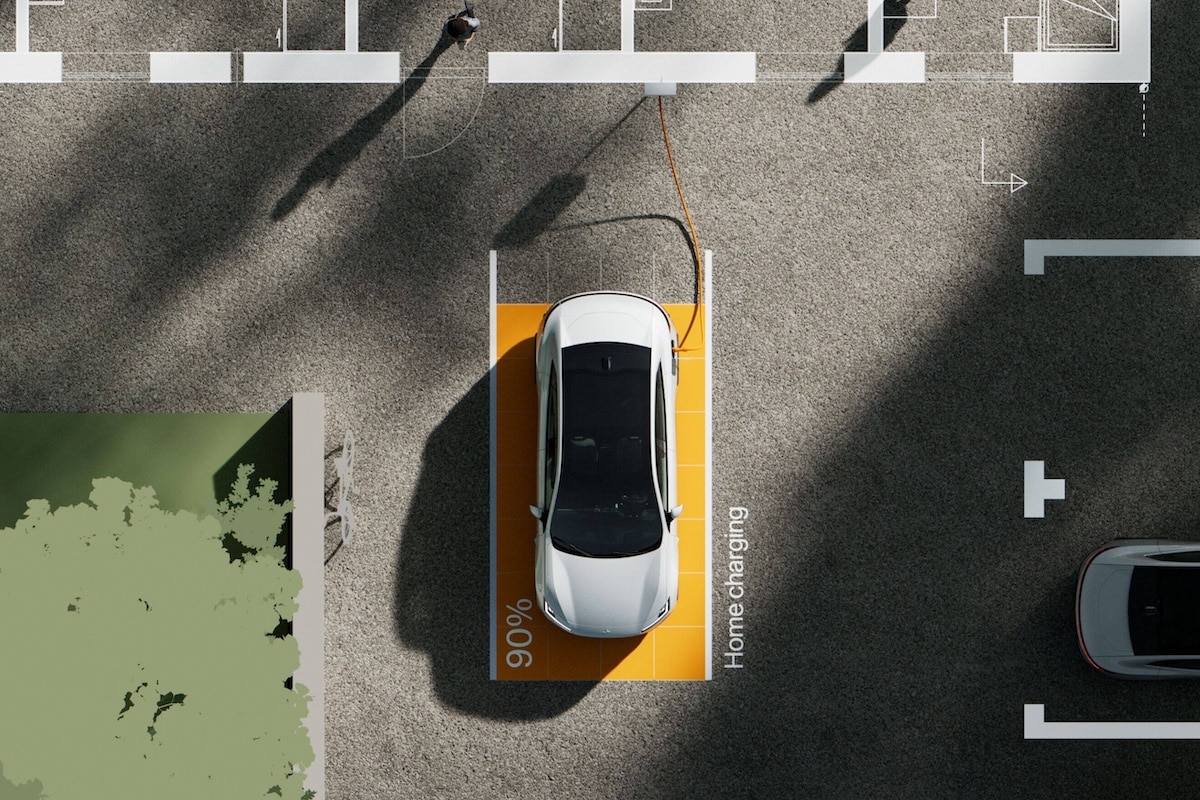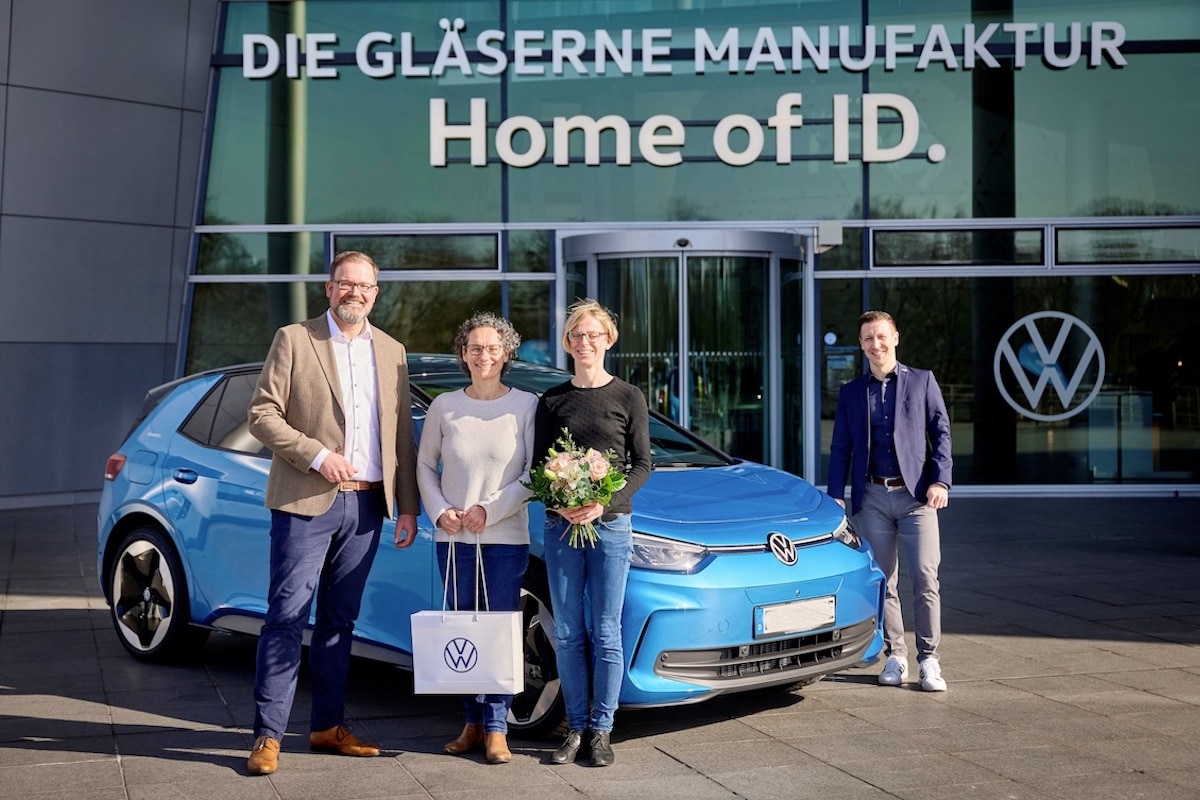The new automotive revolution is coming tomorrow!
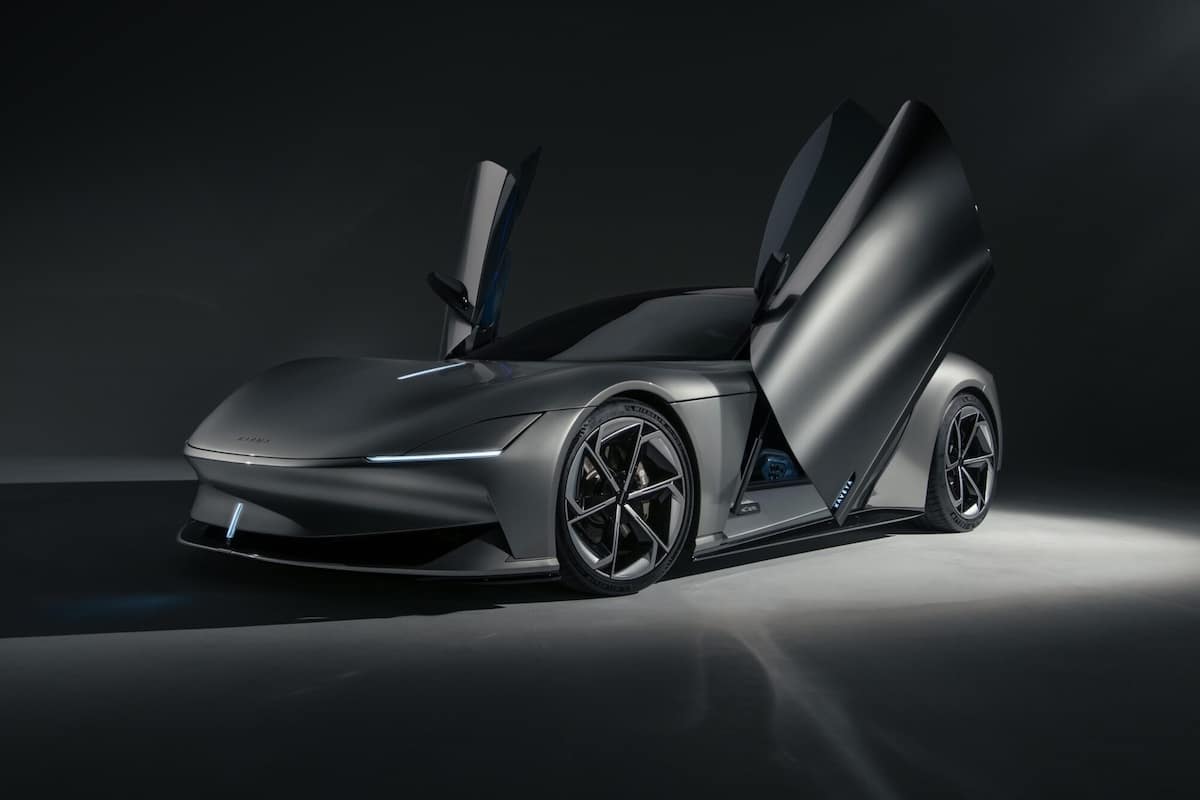
Reducing costs and increasing the efficiency of future cars relies on the development of a new automotive architecture.
Tesla and BMW have engaged in a friendly little rivalry over who will be the first to implement humanoid robots in the automotive industry. It’s spectacular, it creates buzz, but no one is fooled. If certain tasks are too hard or too dangerous for a human, it’s simply because their anatomy is not suited for them. Therefore, replacing them with a robot that looks like them is utterly pointless! However, it clearly illustrates the growing role of computing in the automotive industry, especially with the development of 100% electric vehicles! Behind this smoke and mirrors, all players are working on the car model of tomorrow. An electric, intelligent, efficient model, and above all, increasingly affordable.
The giant Intel has announced a bilateral collaboration with the Californian manufacturer Karma Automotive to co-develop a software-defined vehicle architecture. Intel wisely notes that since the invention of the automobile in 1888, its architecture has remained unchanged. Engines have become more powerful and efficient, and safety has improved significantly, but the format has largely remained the same. In contrast, electronics have taken on an increasing role, from fuel injection to electric windows and air conditioning. With the proliferation of advanced driver-assistance systems, the famous ADAS, today’s vehicles have more than 100 electronic control units (ECUs). It’s a total aberration, as each generally offers only a single function. Consolidating them into a single central unit would allow for cost reductions never seen before and the elimination of kilometers of wiring!
The first illustration of this future imagined by Intel and Karma will be the super coupe Karma Kaveya, expected to arrive in 2026. But both companies wish to go further with open standards, which can, in principle, be shared openly and commercially with everyone to support the transformation of the automotive industry as a whole. An Open Source philosophy that goes against everything the automotive industry has known since its inception with an absolute cult of secrecy. And since we are talking about the giant Intel, not a small Silicon Valley startup, this project should be taken very seriously.
READ ALSO: Driver assistance: contrary to all expectations, Tesla does not dominate
This page is translated from the original post "La nouvelle révolution automobile est pour demain !" in French.
We also suggestthese articles:
Also read
